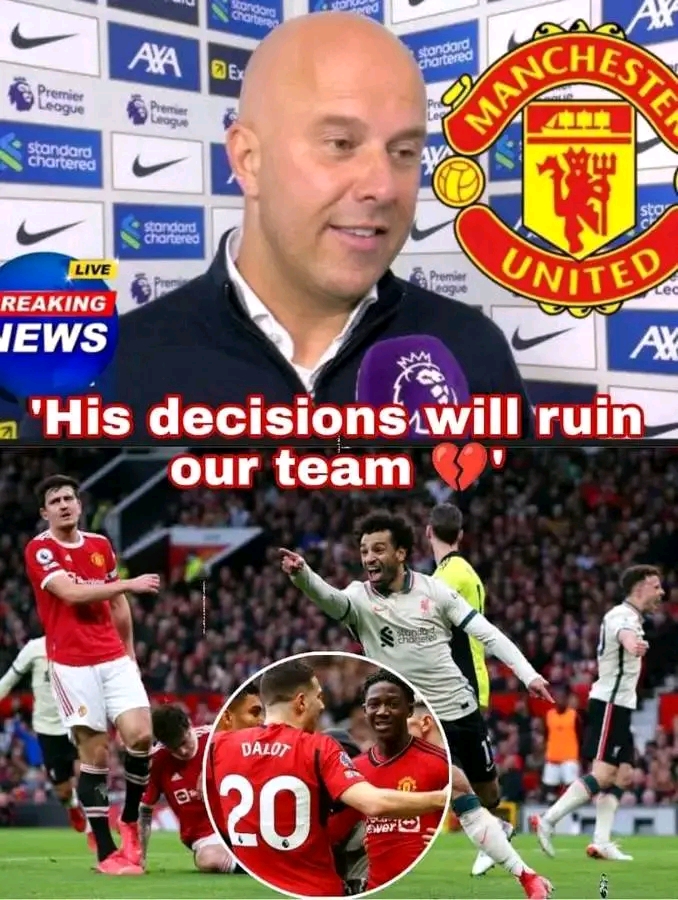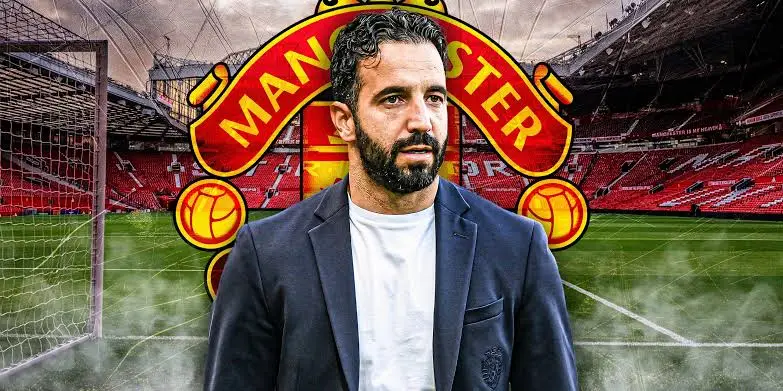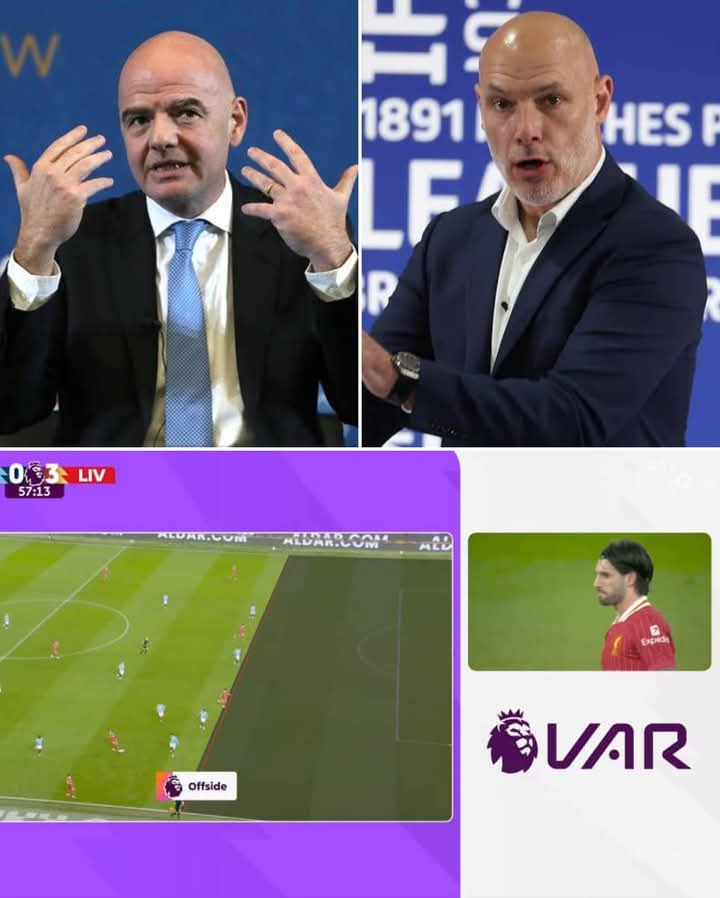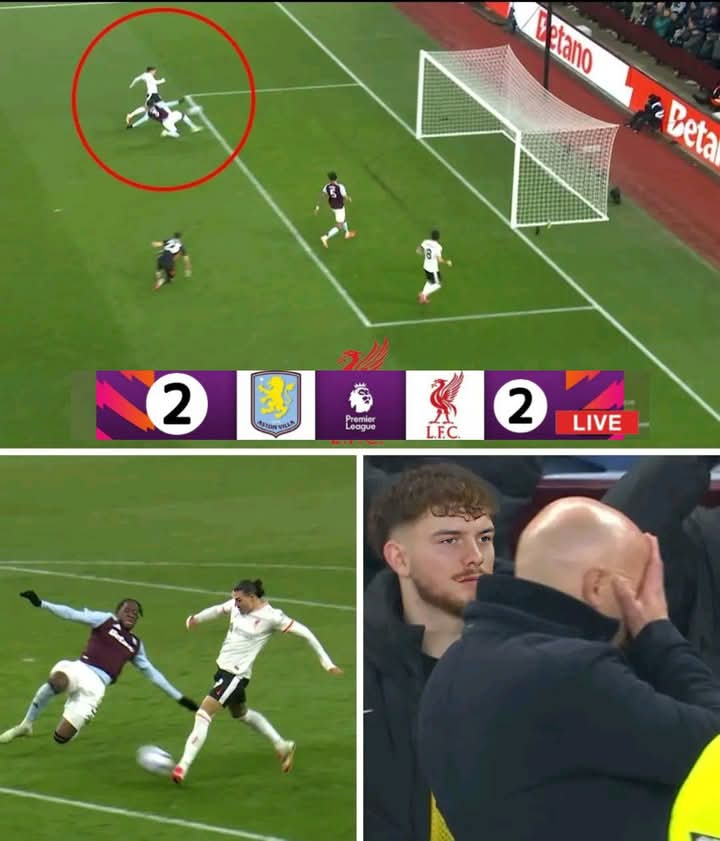The statement reflects a nuanced critique of Erik ten Hag’s managerial decisions and highlights the contrast in approach between him and his counterpart, Liverpool coach Arne Slot. **Professionalism and Ethical Considerations**: The initial part of the statement emphasizes that as professionals, especially in sports, it is crucial to maintain a level of decorum and respect. This means that despite the competitive nature of the game, one should not revel in another’s misfortune or downfall. In this context, while it is acceptable to critique and analyze decisions, it is important to remember that the criticism should be constructive rather than celebratory of an opponent’s struggles.
2. **Critique of Erik ten Hag’s Decisions**: Erik ten Hag, the manager of Manchester United, is recognized as a competent coach. However, the statement points out that he made “three wrong decisions” which had a significant impact on his team’s performance. These decisions could relate to tactics, player selection, or game management. The critique suggests that these mistakes were sufficiently impactful that they directly influenced the outcome of the match in favor of the opposing team, Liverpool.
3. **Impact of Arne Slot’s Tactical Approach**: Arne Slot, who coaches Liverpool, seems to have exploited the weaknesses in ten Hag’s decisions effectively. Slot’s tactical approach or strategy was successful in overcoming Manchester United, demonstrating that he capitalized on the errors made by ten Hag. The mention of Liverpool looking stronger, akin to Manchester City, indicates that Slot’s tactics were highly effective and perhaps reflective of a high level of preparation and execution, similar to the standards set by one of the Premier League’s most successful teams.
4. **Specific Criticism on Player Selection**: The statement also mentions that ten Hag’s decision to bench a £78 million player was one of the key errors. This implies that the benched player was a significant asset, and his exclusion from the starting lineup or from play was seen as a strategic mistake. In high-stakes matches, such decisions can be critical and potentially costly. This criticism suggests that ten Hag’s decision negatively impacted Manchester United’s performance and that the benching was a tactical blunder that Liverpool capitalized on.
5. **Lessons and Future Adjustments**: The final part of the statement expresses hope that Erik ten Hag will learn from these mistakes and make the necessary adjustments in future games. The underlying message is one of constructive criticism—while recognizing ten Hag’s capabilities, there is an expectation that he will reflect on his decisions, learn from the experience, and avoid similar errors in future matches.
Overall, the statement underscores the importance of reflective and adaptive management in sports. It points to the need for coaches to continually evolve their strategies and decisions based on their experiences and the effectiveness of their opponents.










